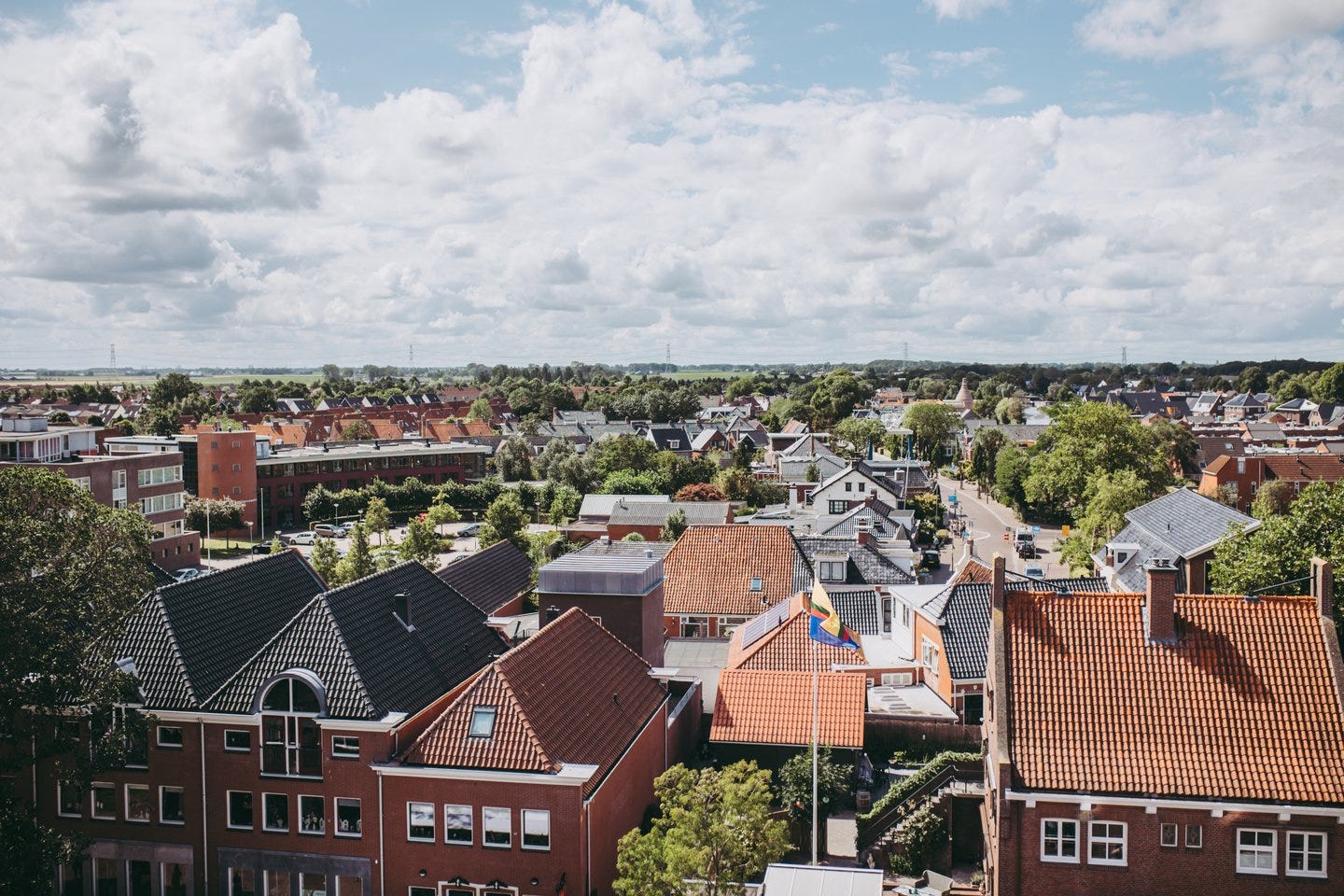Groningen Housing Prices Increase, But Cuts Threaten New Construction
As house prices in Groningen rise sharply, local politicians and housing organisations are raising concerns about national decisions that could block the building of much-needed new homes.
The housing market in Groningen is heating up. In the first quarter of 2025, house prices went up by 12.9% compared to the same time last year. Only the province of Utrecht saw a bigger increase (13%), with the city of Utrecht even reaching 14.2%, according to CBS and the Land Registry via De Telegraaf.
In Groningen, more homes are also being sold—14.1% more than last year. Apartments were especially popular, with a 30.1% increase in sales, as reported by RTV Noord.
Concerns Over Construction
Despite the growing demand, politicians in Groningen are worried about a recent government decision to freeze social housing rents for 2025 and 2026—without offering enough compensation to housing corporations. While the rent freeze helps tenants in the short term, local parties fear it will delay or stop many planned housing projects (OOG TV).
A coalition of political parties including PvdA, GroenLinks, D66, SP, and others called the cuts “antisocial”.
“These decisions hit tenants and home seekers the hardest,” said PvdA council member Rico Tjepkema. “In a time of housing shortages, this is the last thing we need.”
Billions in Projects at Risk
The national housing organisation Aedes has warned that this rent freeze could lead to a loss of €53 billion in investments by 2030. That would mean cancelling up to 185,000 planned rental homes and delays in making existing homes more energy efficient. These concerns were shared in a statement by PropertyNL.
Aedes chair Liesbeth Spies called the freeze “a short-term win” that comes at the cost of long-term progress. “We now have to start cutting projects immediately. That’s a shame, because we had agreements in place with the government to tackle the housing shortage together.”
With prices rising fast and affordable housing under pressure, local leaders agree: now is the time for smart, long-term decisions—not budget cuts that hold back progress.



